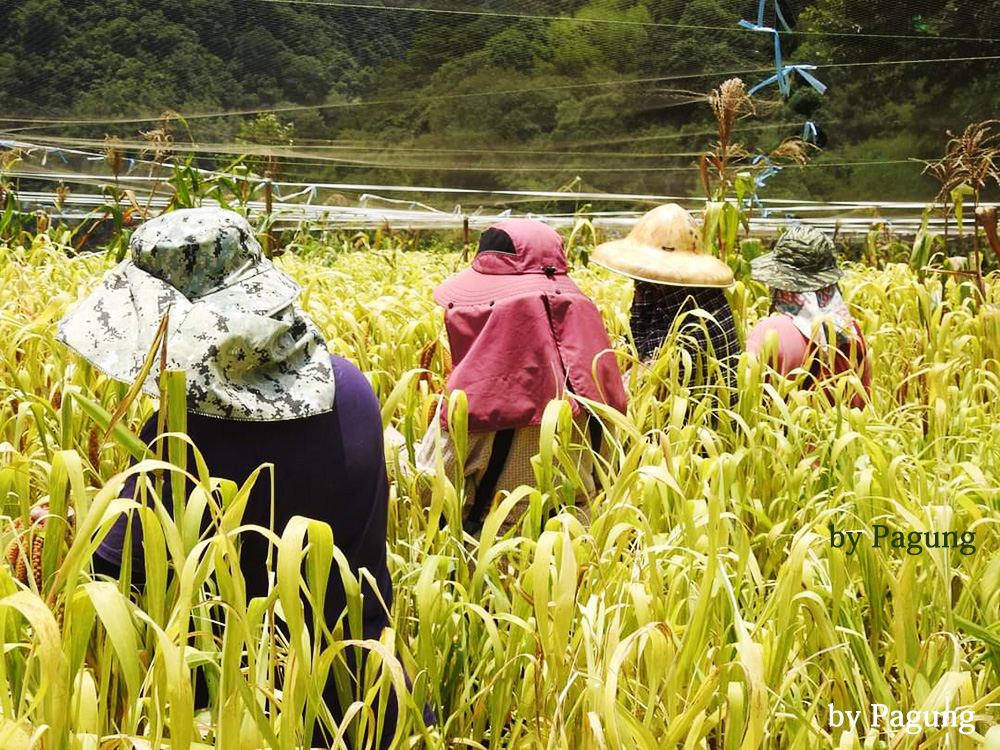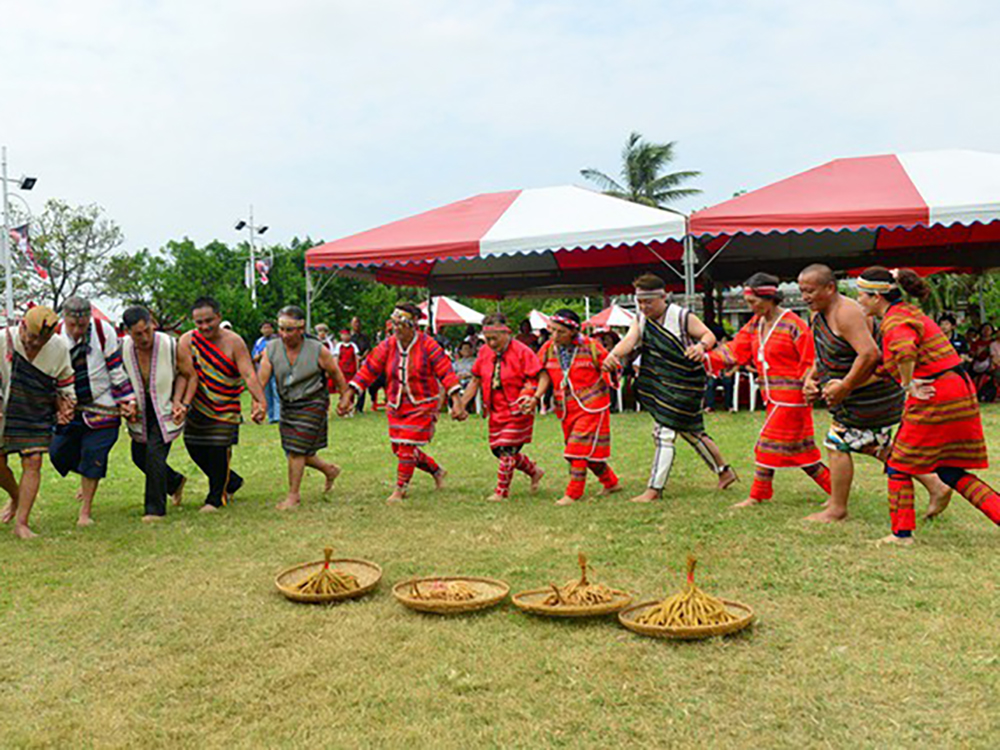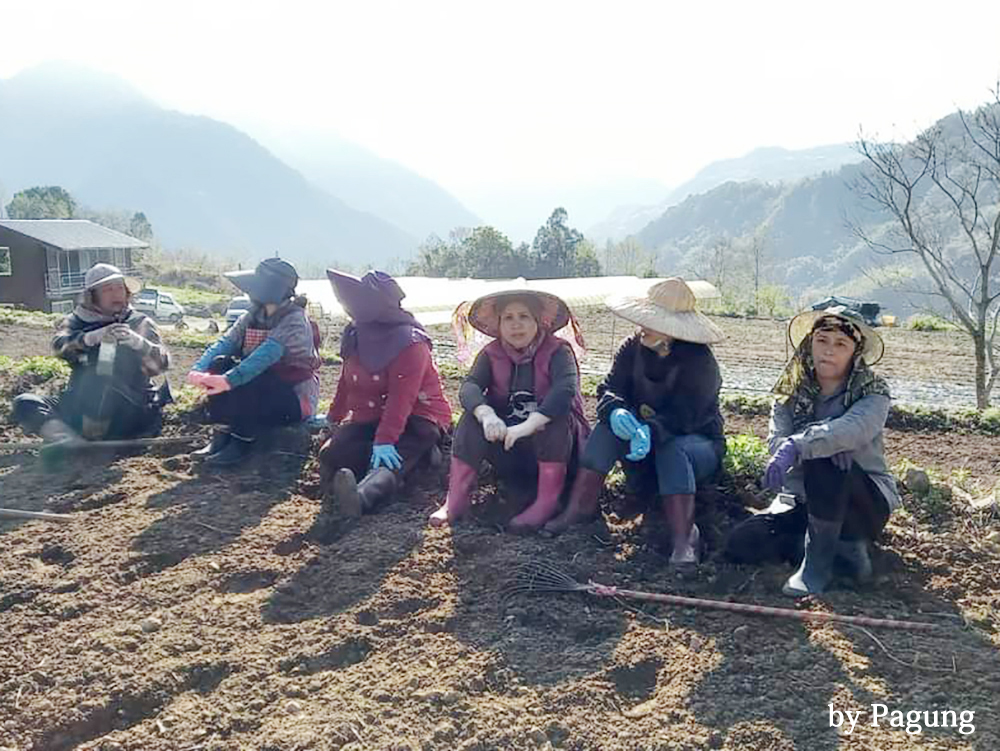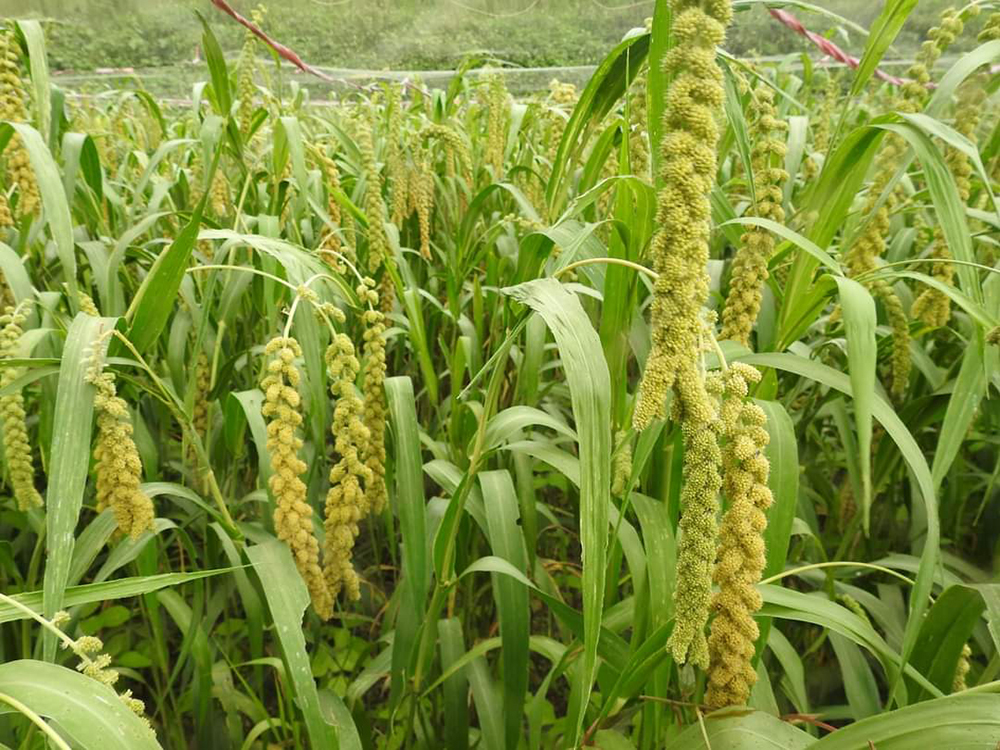Taboo
In traditional life, millet is the main food crop, so a year begins with the sowing of millet and ends with the harvest of millet, of which the harvest of millet is the most important. Every year in July and August when the millet matures, it is led by the sacrificial troupe. Every member of the family must come back to participate the ceremony, and the elders' meeting will decide whether to hold it next year. It mainly worships the goddess of millet, who is in charge of the growth of millet, and strengthens the cohesion of the family through ritual ceremonies.
1. The day before the ceremony, it is forbidden to eat fish, onion, ginger garlic, sweet potato.
2. No noise
3. Use the stump grass to dip the water in the bucket to cleanse the body.
4. Complete the millet collection ceremony before dawn.
5. During the ceremony, the tribe is regarded as a sacred space, and the residents should stay in the tribe.
6. If you meet someone on the way from home to sowing, go home and wait until your heart is calm before you set out; for if you keep going, your blessing will be replaced by that person.
7. If you sleep at night and have a bad dream, you will not be able to sow seeds the next day. For example, dreaming of snow or the ocean means that there will be a bumper harvest, but if you dream of landslides and trees falling, it means that there will be a typhoon this year.
8. Don't sew clothes, otherwise there will be a typhoon that messes up the millet.
Ritual
Sowing Festival:
The date of the sowing sacrifice is determined by local people. In the meeting, two households with the best harvest in the past year will be selected, and one person will be appointed as the priest to hold the sowing ceremony on behalf of the tribe. The two priests must take turns every year. Tribe residents must return to the tribe during the sowing period. Non-tribal members are not allowed to participate the ceremony. In the festival, people prey that the millet will germinate and have a good harvest. Compared with the ancestral spirit festival, the sowing festival is less famous. With the change of the habits of the times, and the scale and season of the festival are not comparable to the ancestral spirit festival, the sowing festival activity has gradually declined in recent years.
Ancestor Spirit Festival:
The ancestral spirit festival is usually held in July after the millet is sown to pray for a good harvest and the blessing of the ancestral spirit, so it is also called the harvest sacrifice. Traditionally, because the tribes have been migrating all the time, there is no certain festival ground; after the Japanese occupation, a cemetery was set up, so the ancestral spirit festival was moved to the cemetery. The leader started to make the festival, begging the ancestors to protect the tribesmen in farming and hunting for a richer harvest. Sacrifices cannot be taken away.
Harvest Festival:
The Harvest Festival is a celebration of the harvest of crops. It is a celebration of thanksgiving for the results of a year's hard work. Whether it is a bumper harvest or a bad harvest, the people must worship the gods and hold the harvest festival. The harvest festival is held between July and November every year, and each village decides on its own. It is to thank the gods for their care and to give the gods the meaning of the New Year. And as the demarcation of the beginning of the end of the year. The priests preside over the rituals, put the harvested millet into the warehouse, select the millet for sowing, and eat new rice. At present, most of the activities have been changed to entertaining activities such as singing competitions, weight-bearing competitions, archery competitions... and other performance programs.



